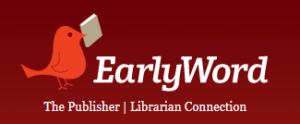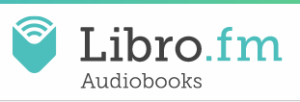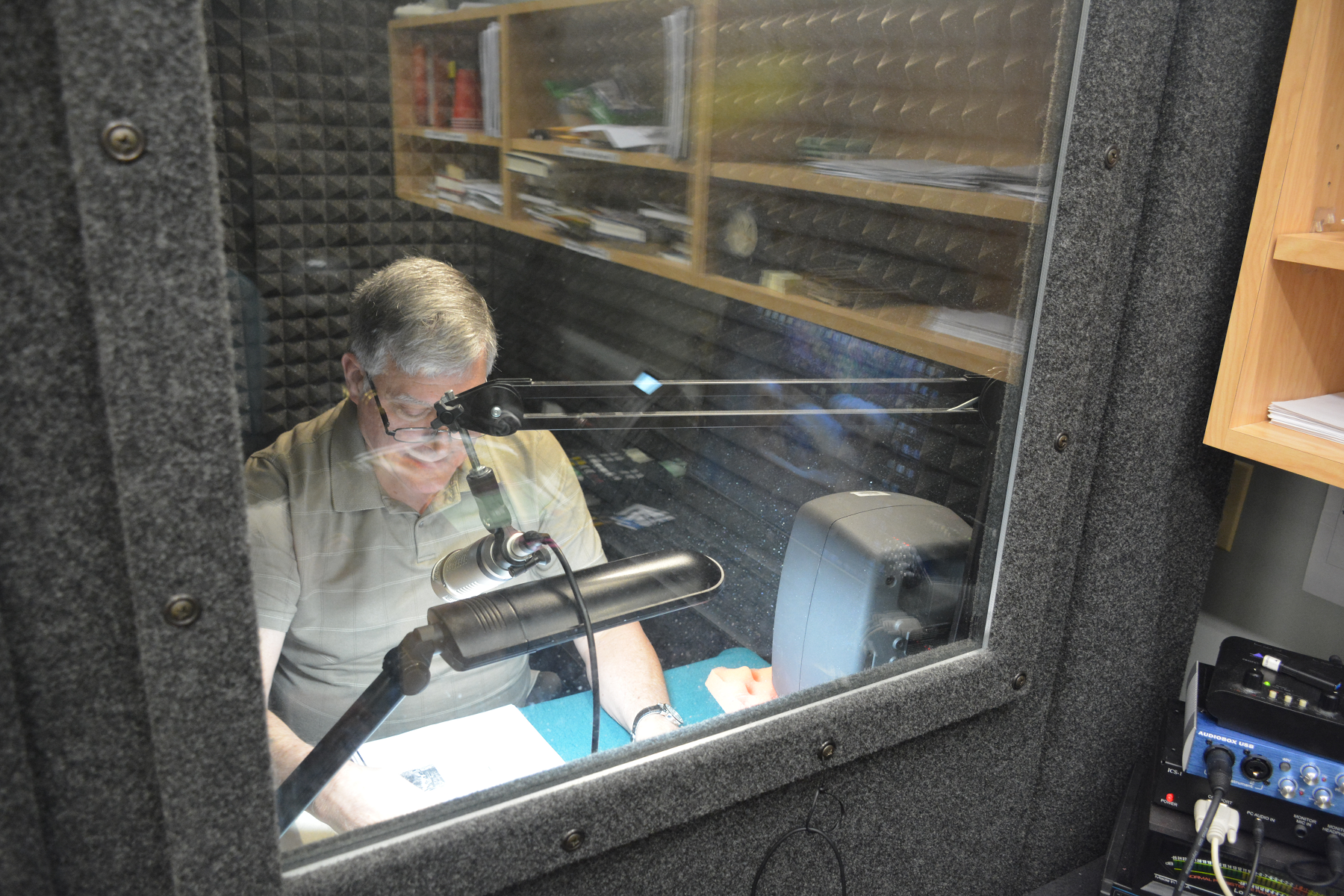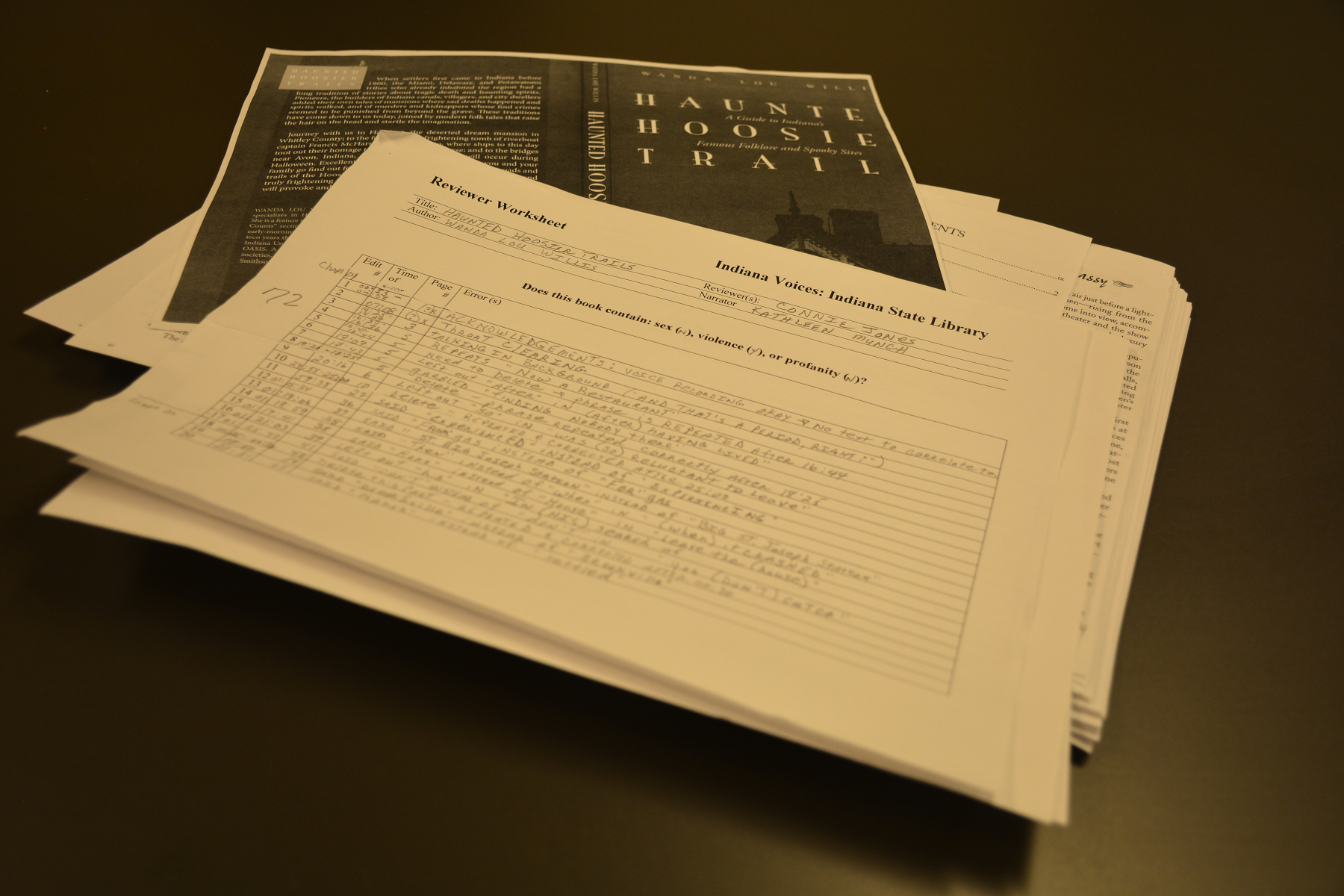About a month ago, the Indiana State Library hosted a webinar titled “Ways to Fill Your Shelves Without Draining Your Budget.” During the webinar, I shared a multitude of resources for librarians showing where they can obtain free books. The webinar is now archived on the Indiana State Library’s website and available for viewing at any time. In case you missed it, or if you would like to try out a few of the resources included in the webinar, here are a few highlights:
 EarlyWord – The EarlyWord website is a great place to find contact information for publishing houses and their many imprints. As a librarian, you can request books early to review and/or preview for purchase. Once you find out the publisher of a book, EarlyWord is a great place to go to find out who to contact for a specific book. They have two lists: one for adult publishing contacts and one for children’s publishing contacts. Another great feature of EarlyWord is that you can sign up for librarian newsletters from the links provided and organized by publisher. Publisher’s newsletters most always have contests and giveaways for free books for librarians.
EarlyWord – The EarlyWord website is a great place to find contact information for publishing houses and their many imprints. As a librarian, you can request books early to review and/or preview for purchase. Once you find out the publisher of a book, EarlyWord is a great place to go to find out who to contact for a specific book. They have two lists: one for adult publishing contacts and one for children’s publishing contacts. Another great feature of EarlyWord is that you can sign up for librarian newsletters from the links provided and organized by publisher. Publisher’s newsletters most always have contests and giveaways for free books for librarians.
 Bookish First – On Bookish First, there are a few featured books each month that you can read an excerpt from and provide a quick first impression. For each of impression you write, you get points. You are also entered to win physical copies of each book you write the first impression for as well. Then, if you review books on their website, share your review to Amazon, Goodreads, or your blog if you have one, you can receive even more points. Once you have 2,000 points, you can choose a free book to be mailed to you. It’s free to signup, and when you do, you automatically get 500 bonus points to get you started.
Bookish First – On Bookish First, there are a few featured books each month that you can read an excerpt from and provide a quick first impression. For each of impression you write, you get points. You are also entered to win physical copies of each book you write the first impression for as well. Then, if you review books on their website, share your review to Amazon, Goodreads, or your blog if you have one, you can receive even more points. Once you have 2,000 points, you can choose a free book to be mailed to you. It’s free to signup, and when you do, you automatically get 500 bonus points to get you started.
 Early Audiobook Listening Copies – There are two places I check each month to get complimentary early audiobook listening copies, known as ALCs, specifically for librarians. These are LibroFM and the Volumes app. Both are free to sign up. With LibroFM, librarians and educators can download three free audiobooks each month from their selection, which is updated monthly. For the Volumes app, you’ll have to download the app and then signup on the link provided above. Then you can download free audiobooks each month to review. They are yours to keep after downloading.
Early Audiobook Listening Copies – There are two places I check each month to get complimentary early audiobook listening copies, known as ALCs, specifically for librarians. These are LibroFM and the Volumes app. Both are free to sign up. With LibroFM, librarians and educators can download three free audiobooks each month from their selection, which is updated monthly. For the Volumes app, you’ll have to download the app and then signup on the link provided above. Then you can download free audiobooks each month to review. They are yours to keep after downloading.
If you would like to view the full webinar – and see even more resources for receiving free books – you can access it on our Archived Webinars page, or directly via the link shared above. Don’t hesitate to contact me via email if you have any questions regarding these resources.
Submitted by Laura Jones, Northwest regional coordinator, Indiana State Library.




